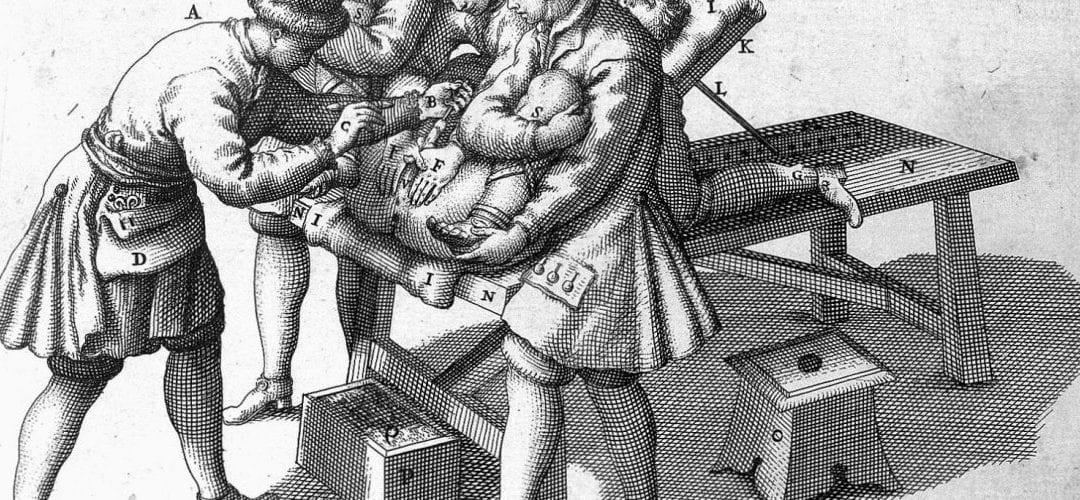
This big topic includes the miseries of stone pain and the array of other diseases that constellate with stones either because stones cause them or because stones are part of a manifold of disease.
Bone disease is common in kidney stone formers and often ascribed to idiopathic hypercalciuria or willful low calcium diet misused in stone prevention. But that bone disease may not be only from such causes but part of a larger complex.
Pain and Injury from Stones
Pain
How do kidney stones cause pain?
Kidney Injury
Passing a stone: How Long Can You Wait?
Hypertension, vascular disease and kidney disease
Kidney stones, Stroke, and Myocardial infarction – Increased risk in stone formers, especially younger women
How to lower blood pressure in kidney stone patients – Detailed instructions for patients
Kidney stones, kidney function, kidney disease – What is kidney function, evidence stones reduce it
Kidney stones can cause kidney disease – Detailed version of preceding article
Glomerular filtration – Background article on the main kidney function physicians measure
How kidneys function – This page contains all three kidney disease articles and some comment as well
The true meaning of renal clearance – High level, explains why small reductions of kidney function may have large systemic effects
Case 6: Bariatric surgery and kidney injury – A special cause of serious kidney injury
Bone Disease
Idiopathic hypercalciuria – This common trait of stone formers is a leading bone disease suspect
Control your salt for less stones and stronger bones – How sodium contributes to bone disease
Our diet promotes stones and bone disease – How our diet causes bone mineral loss
Does too much protein damage bones or promote stone disease? – A controversy exists whether protein damages bone
Sodium and Sugar: Nemeses for bones, hypertension, stones and health in general
Salt – Detailed article on how sodium does such harm
Against Sugar – The evils of sugar for stones and health


How do I get advise about what to do with all the kidney stones I produce? I have had so many surgeries I have quit counting!
Hi Kimberly, Here is a good place to start. Regards, Fred Coe
Where can I find out more information in regards to stones attaching to inside of kidney.
Thank you
Hi Marie, Stones can attach to plaque. Crystals can plug kidney tubules and stones can form over such plugs. Regards, Fred Coe
Ten years ago this month I had a kidney removed due to a stone that planted itself in the upj, reducing functioning to 2% (I learned). Neither my physician nor l ever expected that it was there as I never had stone pain. Never. Typical UAs and blood panels were okay, showing only some kidney reduction, mild. I didn’t know I was prone to stones. Anyway, this past March I had a lot of blood in urine suddenly one day. To make a long story short, a stone had planted itself in the upj of the remaining kidney. I had been having annual xrays and ultrasounds after the kidney removal, and this stone was being monitored. Again, no pain to indicate I had any stones, and test numbers were okay. This stone had dropped. I understand why there wasn’t pain, given the placement of the stone(s). But how do I insure this doesn’t happen again? “We” have a plan for annual CT scans, but is that enough (aside from the nutritional/food cautions)?
Hi Judie, An obstructing stone can be silent indeed – if slow about closing things off. Firstly I would pursue prevention, so be sure you have been fully evaluated.Since blood was present – I think – you can purchase urine dipstick tests for blood and use them at home on a weekly (or so) basis for clues. Ultrasound should be a non radiation way to look more often than yearly. I like the yearly CT. How about removing the stone via ureteroscopy? Of course this is all the responsibility of your physicians. Best, Fred Coe
Hello, Dr Coe. I recently had surgery for some other issue and they had to do a Cat Scan to find out why i had blood in my urine when taking a blood thinner after the surgery. They found, what they thought was a 2 cm stone in my right kidney and decided to remove it. It turned out to be a 3 cm stone and it took 2 surgeries, but is gone now. I still have blood in my urine sometimes. I am confused when trying to find a diet that balances the sodium, phosphates, and oxalates. The foods allowed on oxalate chart are not allowed on phosphate chart and everything has sodium…..Sooo disheartening!
Hi Melissa, I wonder why your physicians are concerned about phosphate and suspect the stone was composed of calcium phosphate. If so it is arising from either infection (struvite) or abnormally high urine calcium and pH. Without more information I cannot do much more for you. Regards, Fred Coe